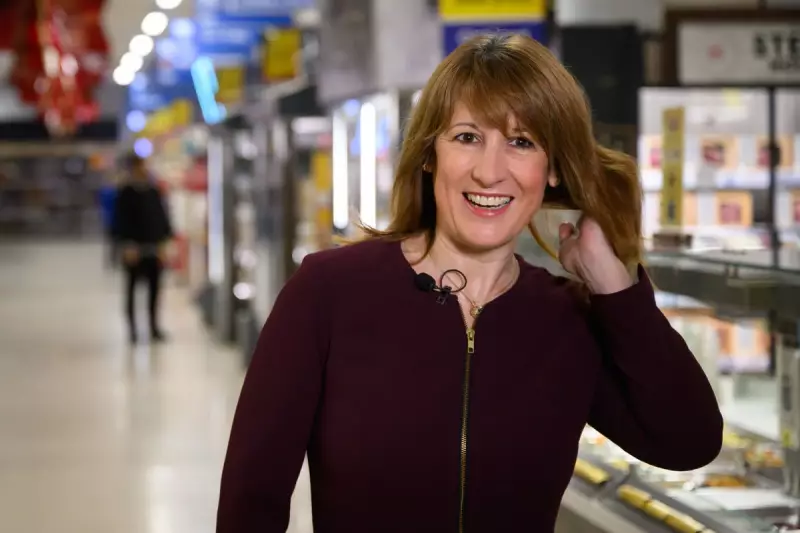
Chancellor Rachel Reeves has acknowledged widespread public anger about economic inequality in Britain as she prepares to unveil her second Budget on Wednesday 26 November 2025.
In a filmed address ahead of the crucial financial statement, the Labour Chancellor recognised that people feel 'frustrated at the pace of change, or angry at the unfairness in our economy' despite some positive economic indicators.
Progress and Challenges
Ms Reeves pointed to several encouraging developments over the past year, including wages rising faster than inflation, falling hospital waiting lists, and stronger-than-expected economic growth.
However, she admitted the government faces significant challenges, stating: 'I have to be honest that the damage done from austerity, a chaotic Brexit and the pandemic were worse than we thought.'
The Chancellor promised not to avoid these difficulties, emphasising: 'I'm not going to duck those challenges, and nor will I accept that our past must define our future. It doesn't have to.'
Budget Measures and Tax Strategy
The Chancellor is adopting what insiders describe as a 'smorgasbord' approach to raising taxes while maintaining her commitment to avoid both austerity and reckless borrowing.
Although she has abandoned plans to increase the headline rate of income tax - which would have broken a Labour manifesto pledge - several other revenue-raising measures are under consideration:
- A freeze on income tax thresholds that could drag more people into higher tax brackets
- Limits on pension contributions under salary sacrifice schemes
- A potential 'mansion tax' on properties valued over £2 million
- New gambling levies and pay-per-mile charging for electric vehicles
Ms Reeves has ruled out major spending cuts to achieve fiscal stability, making tax increases the primary method for addressing the public finance shortfall.
Cost of Living Support
Addressing the ongoing cost of living crisis remains a central priority, with the Chancellor telling Labour MPs that helping households would be a key Budget focus.
Several significant measures are expected to be announced:
Scrapping the two-child benefit cap, estimated to cost between £3 billion and £3.5 billion by the end of the Parliament
Continuing the fuel duty freeze, which the Times reports will cost approximately £3 billion
Increasing the minimum wage following Low Pay Commission recommendations, giving full-time workers over 21 an equivalent £900 annual pay rise
The Chancellor described the Budget as being for 'the British people' and pledged to work with them to 'build a fairer, stronger and more secure Britain.'
Meanwhile, farmers are planning protests in Westminster about inheritance tax concerns, though the Metropolitan Police has prohibited them from bringing tractors to the demonstration.





